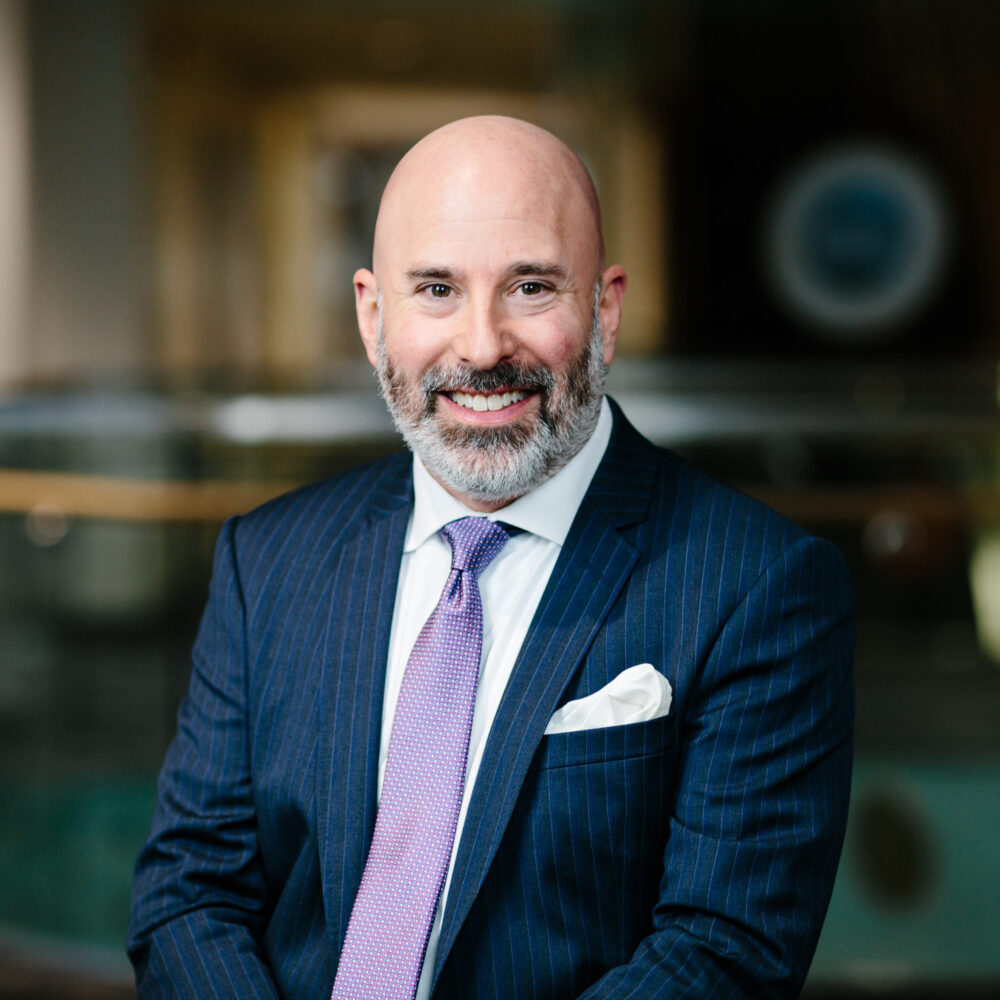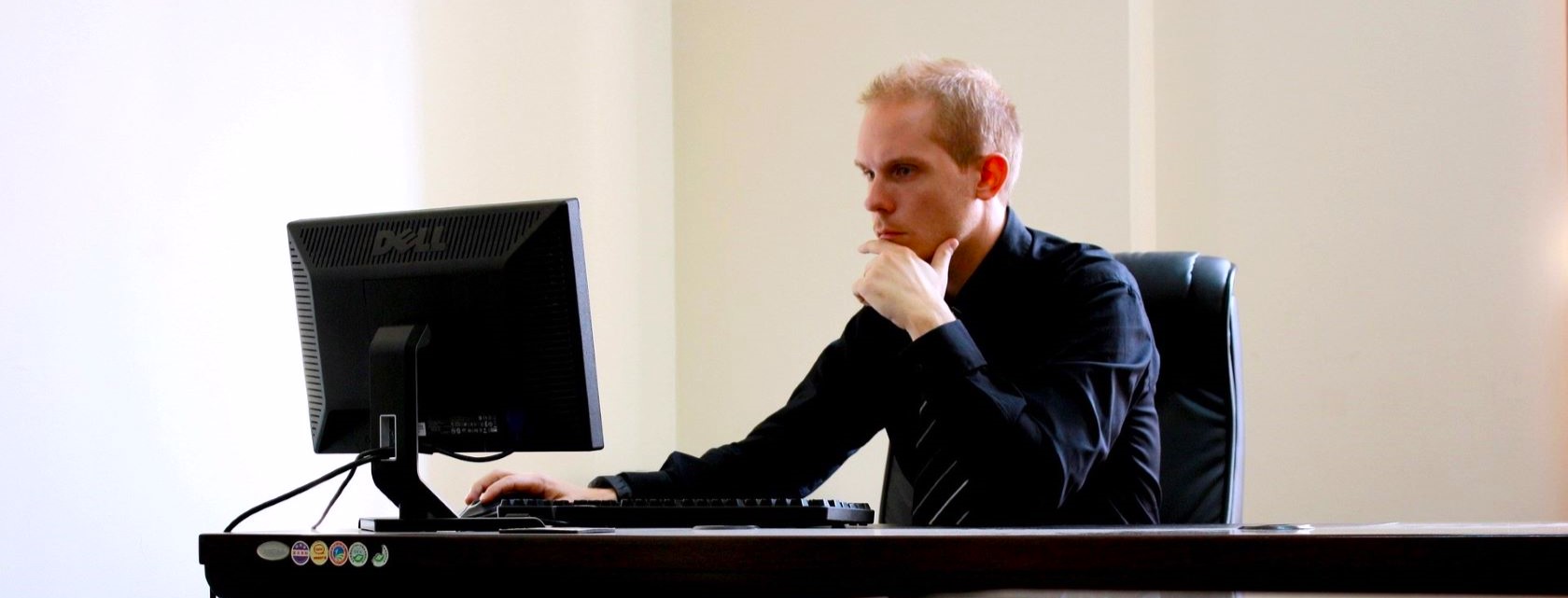In a time when many people want to improve their work-life balance, how can coming close to death impact someone’s relationship with their job?

It’s a question a researcher at the University of Guelph set out to answer in a new study recently published in the Journal of Management, Spirituality and Religion.
The research was led by Dr. Jamie Gruman, a professor in the Department of Management. Growing up with an ill father, he has always given thought to the larger questions surrounding death.
Gruman’s study explores near-death experiences (NDEs), the transformative experiences people have when they come close to death due to a medical emergency or trauma. These instances can include an out-of-body experience, seeing a bright light or going through a life review before the person returns to their body. After listening to a radio show about NDEs in 2017, Gruman decided to look at their impact through the lens of work.
Changing relationship with work
Most people, Gruman says, want three things out of their career: a way to make money, a satisfying job that will allow them to grow and good relationships with colleagues.
“A near-death experience really changes people’s approach to finances,” Gruman says. “After an NDE, relationships are so paramount, and money just disappears in importance.”
Gruman and his co-author interviewed 14 working adults who reported experiencing an NDE. The interviewees shared that their NDE reframed their values around their work, leading them to look for roles that aligned with their new goals, mission and purpose.
“There was a recognition of the preciousness of life and the desire to make a difference,” Gruman explains. This could mean a career change or even shifting to become an entrepreneur and working for themselves.
While previous research has examined how people’s lives change after an NDE, this study is unique in that it solely focused on how people look at work.
“Many people come out of an NDE willing to change the direction of their lives,” Gruman says. “This means they want to spend their workdays engaged in alignment with a new purpose, often to spread and cultivate love.”
Rethinking how people work
Gruman says this study presents an opportunity for employers to rethink the corporate world.
“Leaders wear two hats,” he explains. “There’s an externally focused hat that considers how to stay viable over the long term, but also an internally focused hat that works to build community and culture.”
Gruman hopes the biggest takeaway from this research will be to encourage workers to slow down and take a minute to think about how they’re living their lives.
“There’s a time and place to be strategic and there’s a time and place to be a human.”
Contact:
Dr. Jamie Gruman
jgruman@uoguelph.ca
